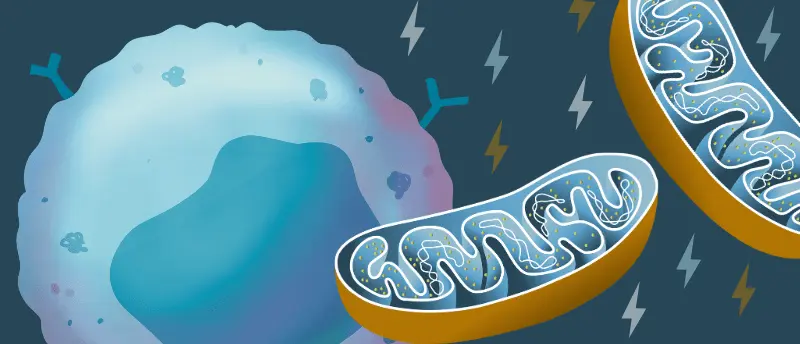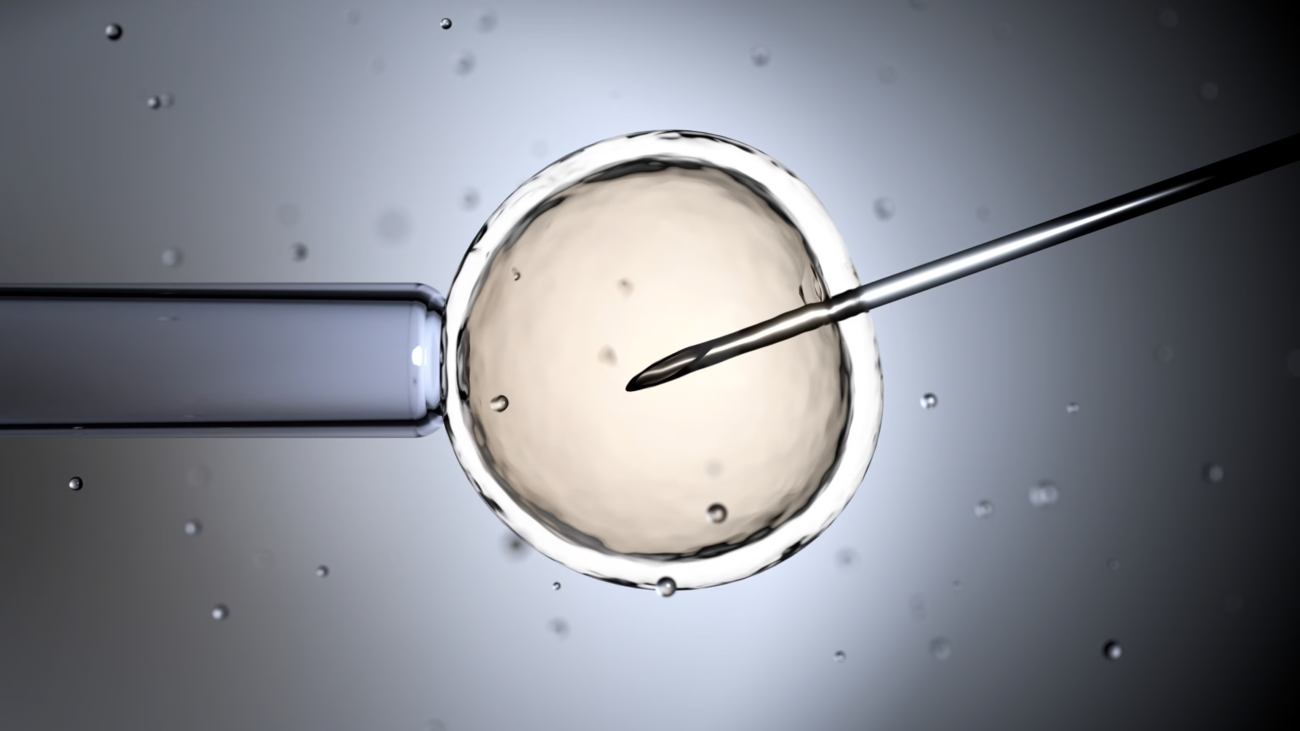Azoospermia, the complete absence of sperm in the ejaculate, can be a challenging diagnosis for couples dreaming of having a child. Fortunately, advances in reproductive medicine have opened new doors for men facing this condition. In vitro fertilization (IVF), often combined with specialized sperm retrieval techniques, offers hope where natural conception isn’t possible. This blog will explore what azoospermia means, the types and causes behind it, and how IVF can help overcome these obstacles. If you or your partner have been diagnosed with azoospermia, understanding the treatment options available can empower you to take the next step on your journey to parenthood.
How Is Azoospermia Diagnosed?
Azoospermia diagnosis begins with a thorough medical evaluation, starting with a detailed patient history and physical examination. The primary diagnostic tool is a semen analysis, which confirms the absence of sperm in the ejaculate. To understand the underlying cause, doctors often perform hormonal blood tests to assess levels of testosterone and other reproductive hormones. Imaging studies, such as scrotal ultrasound or MRI, may be used to examine the testicles and reproductive tract for any structural abnormalities or blockages. In some cases, a testicular biopsy is necessary to determine whether sperm production occurs within the testes. Accurate diagnosis is crucial to distinguish between obstructive azoospermia, where sperm production is normal but blocked, and non-obstructive azoospermia, which involves impaired sperm production—information that guides the most effective treatment approach.
Is IVF Possible for Men with Azoospermia?
Yes, IVF can be a viable option for men diagnosed with azoospermia, depending on the type and underlying cause of the condition. In cases of obstructive azoospermia, where sperm production is normal but a blockage prevents sperm from being present in the ejaculate, sperm can often be retrieved directly from the testicles or epididymis using minimally invasive surgical techniques such as TESE (Testicular Sperm Extraction) or PESA (Percutaneous Epididymal Sperm Aspiration). For men with non-obstructive azoospermia, where sperm production is impaired, retrieval is more challenging but still sometimes possible with advanced methods. Once viable sperm is obtained, it can be used in combination with IVF and intracytoplasmic sperm injection (ICSI), where a single sperm is injected directly into an egg, greatly increasing the chances of fertilization and pregnancy. This approach has helped many couples achieve parenthood despite male-factor infertility challenges.
Azoospermia and Follow-up after IVF
After undergoing IVF treatment for azoospermia, careful follow-up is essential to monitor both the health of the mother and the progress of the pregnancy. For men, follow-up may include additional assessments to evaluate any changes in sperm production or hormonal levels, especially if sperm retrieval was part of the process. For couples, emotional and psychological support is equally important, as the IVF journey can be physically and mentally demanding. Regular check-ups with fertility specialists help track embryo development and address any complications early on. This comprehensive follow-up ensures the best possible outcomes and prepares the family for a healthy and successful transition to parenthood.
A diagnosis of azoospermia can be challenging for many couples, but thanks to modern medicine, IVF combined with advanced sperm retrieval techniques has made overcoming these obstacles possible. With accurate diagnosis and personalized treatment plans, the chances of achieving pregnancy even in cases of male factor infertility significantly improve. Patience, expert guidance, and regular follow-up are essential throughout the treatment process. If you are facing azoospermia, it’s important to stay hopeful and work closely with fertility specialists to explore the best options for your situation. This way, you can take meaningful steps toward realizing your dream of parenthood through IVF.














